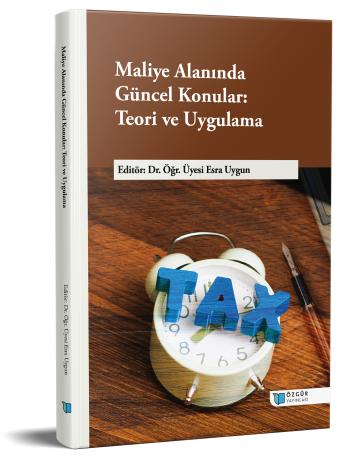
Protecting Public Health through the Pricing of Harmful Products: The Role of Sin Taxes
Chapter from the book:
Uygun,
E.
(ed.)
2025.
Current Issues in Finance: Theory and Practice.
Synopsis
The aim of the study is to examine the role of sin taxes in protecting public health through pricing of products that are harmful to health. Sin taxes are indirect taxes applied to harmful consumer goods such as tobacco, alcohol and high-sugar products, and aim to both direct individual behaviors and increase public revenues. In the study, the historical development, philosophical foundations, actors and effects of this type of tax on public health are discussed in a multidimensional manner. The regulatory capacity of sin taxes, the extent to which they change consumption behaviors and the effects of these changes on public health are analyzed through graphs. The findings reveal that such taxation policies, although effective in restricting consumption in some periods, have limited results in products that are addictive. It is also emphasized that high taxation can lead to negative externalities such as informal economy and smuggled product consumption. Therefore, it is concluded in the study that fiscal instruments should be evaluated in a holistic manner together with public health policies.

